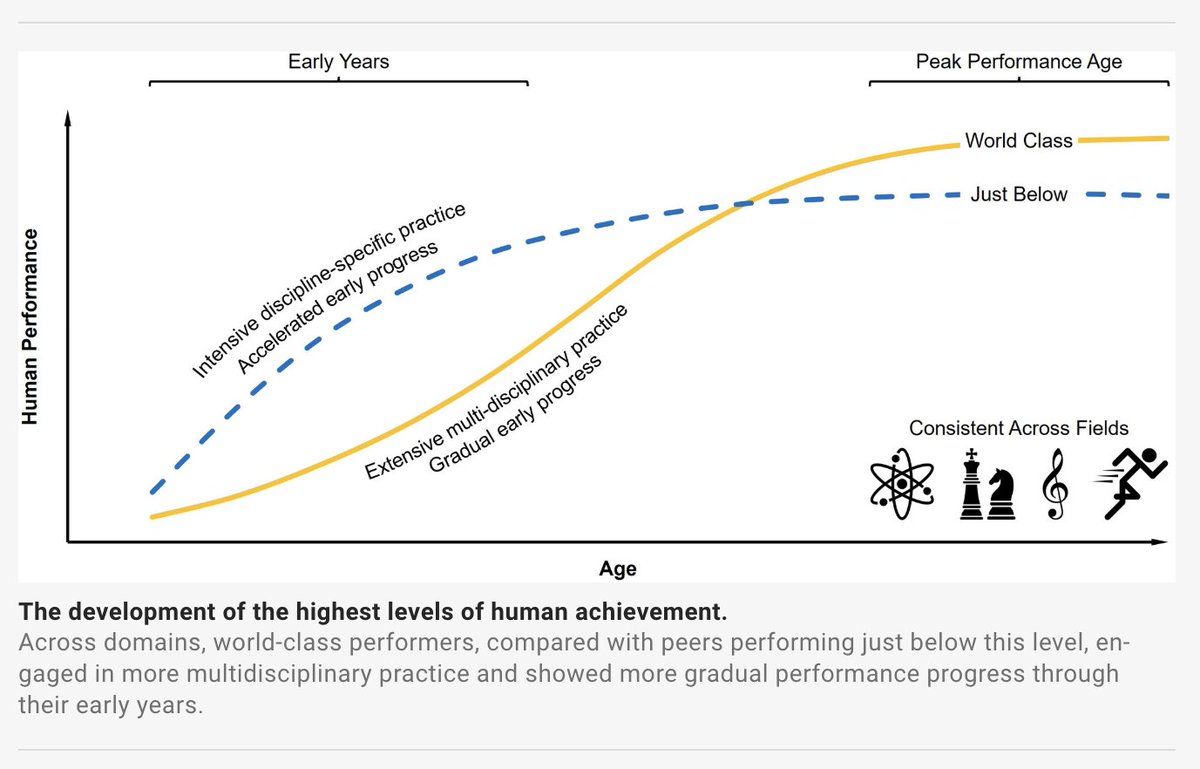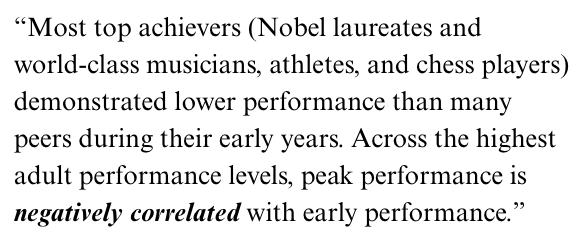Short thread on TERRIBLE and problematic headline from CNN. To be clear, I hope it turns out hydroxychloroquine (or any other drug) works, because that would be great. But this study doesn't show that.
First, why problematic? Because people only read headlines.
Next: Science...
First, why problematic? Because people only read headlines.
Next: Science...
https://twitter.com/CNN/status/1278964201789194240
Why terrible?
1) Study had no random selection. Instead, patients were selected based on criteria. Those with heart problems didn't get hydroxychloroquine. It could be that hydroxychloroquine helped, or just that patients without heart problems are less likely to die of COVID.
1) Study had no random selection. Instead, patients were selected based on criteria. Those with heart problems didn't get hydroxychloroquine. It could be that hydroxychloroquine helped, or just that patients without heart problems are less likely to die of COVID.
2) Patients who got hydroxychloroquine were also more than twice as likely to get the steroid dexamethasone, which has been shown to help with COVID. Again, maybe it was the hydroxychloroquine that helped, but maybe it was actually the dexamethasone. We don't know!
3) 10% of the study population is still in the hospital. That's an enormous part of people who are still very sick (otherwise they wouldn't be in the hospital). Yet these people were excluded from the results. This can happen when researchers rush to publish a provocative result.
CNN headline: "Hydroxychloroquine helps patients!!" Click. Click. Click.
Truth: We have no idea, at least not based on this study.
Hydroxychloroquine COULD help.
But so could not having heart problems. Or getting dexamethasone. Or ending a study prematurely.
(End)
Truth: We have no idea, at least not based on this study.
Hydroxychloroquine COULD help.
But so could not having heart problems. Or getting dexamethasone. Or ending a study prematurely.
(End)
• • •
Missing some Tweet in this thread? You can try to
force a refresh








